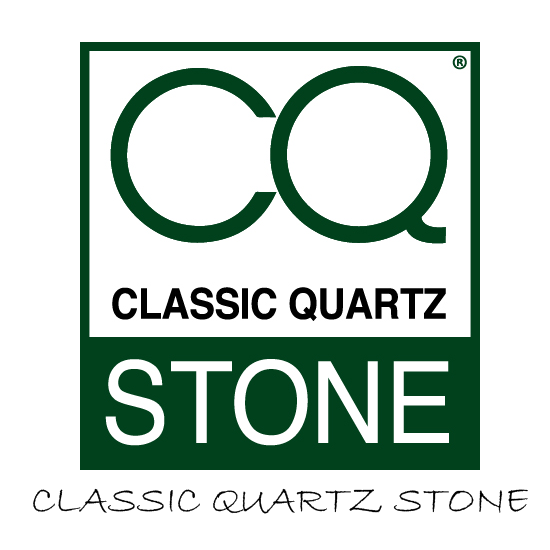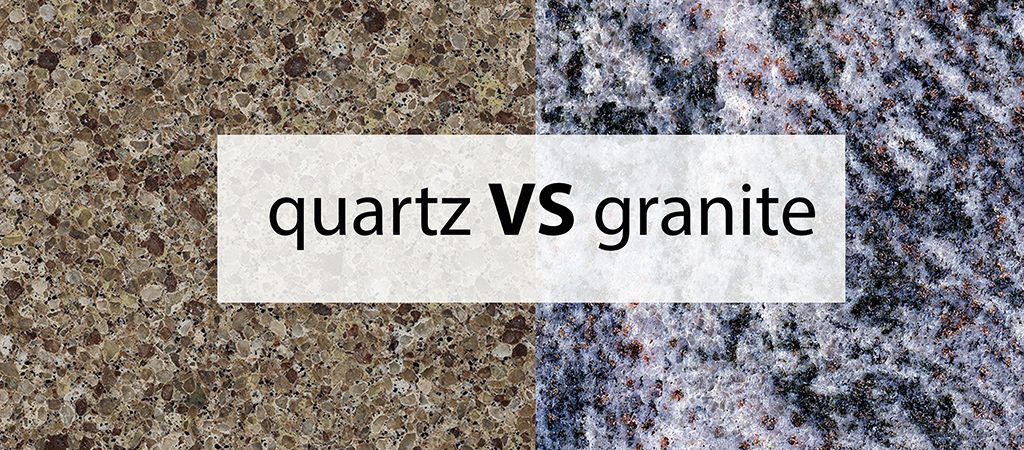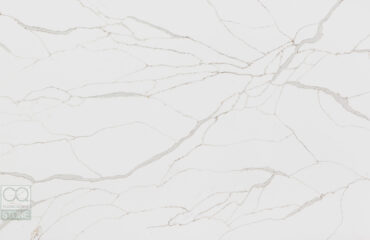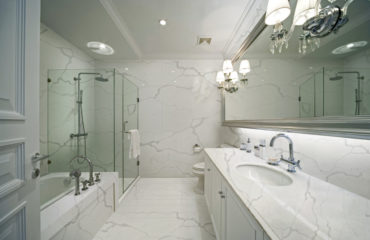You are probably spoilt between the pros and cons of Quartz vs. Granite as the perfect worktop. On this article, we will examine the geology, source, physical attributes, environmental stability and durability attributes of both Granite and Quartz.
What Is Granite And How Is It Formed?
Granite is a pyrogenous rock (meaning it was formed in place during the cooling of molten rock) made up of micas, feldspar, quartz, amphiboles and a mixture of trace minerals (read more here). The different minerals and their abundance are the reason granite has numerous colours and texture. Granite is formed thousands of kilometres below the earth surface. The granite we know is somehow pushed near the surface through erosion of overlying sediment rock. The shift from high temperature and pressure to the evidently low temperature and pressure of the earth surface makes the granite to expand and crack.
What Is Quartz And How Are Quartz Worktops Made?
You are probably confused how comes we have both Granite and Quartz countertops. As mentioned above, Granite is a natural stone that is partially composed of Quartz. So what on earth is a Quartz Worktop? You might think that Quartz worktops would be mainly composed of a Quartz arenite (rock made of 90% quartz). However, you will be surprised to find that Quartz countertops are actually manufactured although they are made of 90% quartz. The rest 10% is made of polymers, resins and different types of pigments. This means that we get a very durable artificial rock without pores or cracks.
Pros And Cons Of Quartz and Granite
Stainless – the biggest advantage of Quartz over Granite is that it is stainless. It doesn’t need to be sealed. Once installed, quartz doesn’t need maintenance. But not fully bullet proof – as much as quartz is stainless, increased exposure to sunlight can cause discolouration. If you need to have a worktop near large windows, then you might want to look at Granite more.
Strength vs. Weight – Quartz is considered stronger because it is more flexible than Granite. Nonetheless, you need to be careful when installing Quartz since it is too heavy. Granite and Quartz are relative equal when it comes to chipping.
No Seams – although the seams are there, there are not readily visible. In darker quartz, the seams are not visible at all giving you a clean and modern look.
Which One Should You Choose?
The debate still lingers… However, it all comes down to you. Despite the difference in price, there are really two variables that you should consider.
- One variable is definitely whether you prefer man-made or natural stone. If you prefer natural stone, then you will want to go with granite. It is impossible to replicate the natural feel of granite in quartz.
- The next variable that you will want to consider is ease of use. Like mentioned earlier, Quartz worktops are sealed and therefore not porous, this also means that they are more durable than granite. Additionally, they are easier to clean, maintain, and forget about. Quartz is a countertop you can easily ignore even under heavy use.
Like you have noted from the breakdown, you cannot go wrong with either of the two. Both of them will serve you in both your kitchen and bathroom. All you need to do is to ensure it is professionally installed. Wrong installation may lead to chipping and cracking.
- Both materials are robust, easy to maintain, hygienic and come with a variety of colours. Quartz surfaces are easy to engineer into different shapes since they contain large amounts of resin making them ideal for worktops that are curved or long.




